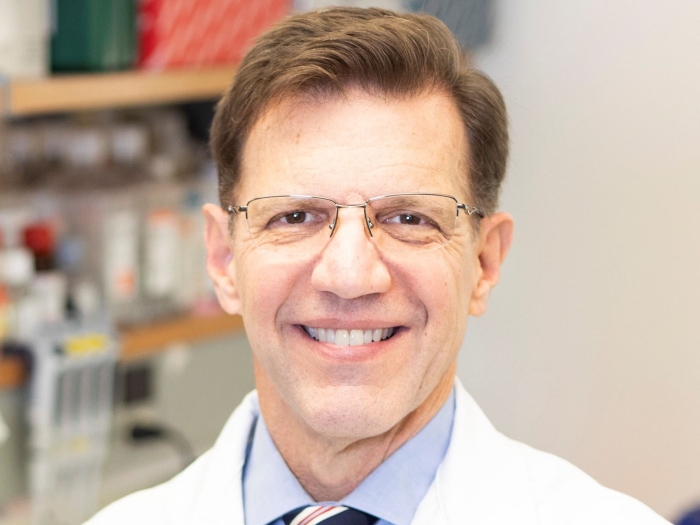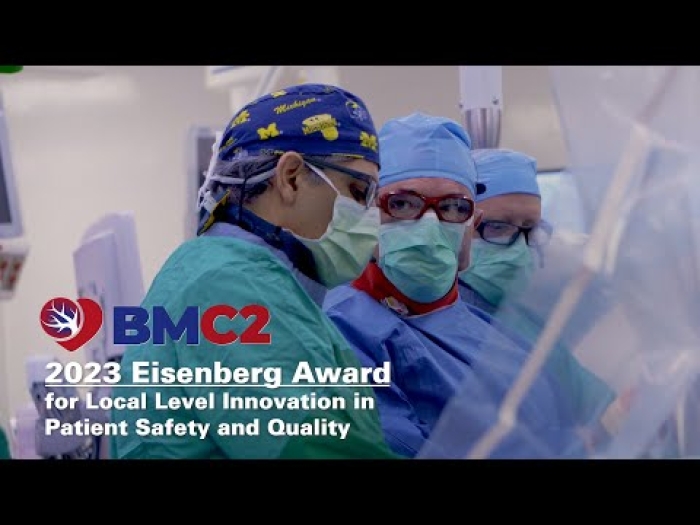
In my new role as chief scientific officer for Michigan Medicine, I am extremely excited about the vast potential of our research community, both in basic sciences and in clinical research. The fundamental research done in the laboratories of faculty in basic science and clinical departments is absolutely foundational to helping us understand not only human health and how our organs function and talk to each other, but also human disease and the discovery of potential therapies. Another aspect of research at Michigan Medicine is clinical research pertaining to patient care and clinical trials, and studying the natural history and outcomes of human disease. An important bridge between clinical and basic science research is translational research that takes observations from the bench to the bedside and vice versa.
We have terrific resources across the University of Michigan that will help us elevate and accelerate innovation and discovery to enhance patient care. Our most precious resource is our people, coupled with the growing collaborations across the world-class schools within U-M that, aside from the Medical School, include the schools and colleges of Business; Dentistry; Engineering; Information; Kinesiology; Law; Literature, Science, and the Arts; Nursing; Pharmacy; Public Health; Public Policy; and Social Work.
"It's an intriguing time for science, as the future of national funding for research remains uncertain but hopefully immune to politics."
I'm particularly excited about the Biosciences Initiative announced by President Mark Schlissel, M.D., Ph.D., and led by Roger Cone, Ph.D., director of the Life Sciences Institute and newly appointed vice provost for biosciences. This initiative will help recruit outstanding faculty to be part of cutting-edge research initiatives and to further bridge and foster collaborations and interactions across U-M.
It's an intriguing time for science, as the future of national funding for research remains uncertain but hopefully immune to politics. This is also a time to reinforce our commitment to science and research, for its foundational role in health care and medical advances. My goal at Michigan Medicine is to ensure that we have optimum space, equipment, resources, and networks to allow our faculty, students, trainees, and staff to do their best work every day.
For the financial support, the National Institutes of Health (NIH) remains by far our primary source of grant funding, although federal agencies such as the National Science Foundation and the Department of Defense are also important sources. Private foundation support of Michigan Medicine research is growing and has come at a critical time, given the relatively flat nature of NIH funding.
Another area we hope to develop is partnerships with pharmaceutical and technology companies, particularly related to enhancing clinical trials and device development, and to testing potential treatments discovered in our faculty laboratories.
Last but not least, philanthropy and generous gifts from Michigan Medicine friends remain a cornerstone of support that has the potential to provide unique investments in our faculty, students, and specific areas of research. The latter is unique and special because endowed named gifts provide continuous and uninterrupted research support, be it for student scholarships, faculty, equipment, supplies, research initiatives, or even buildings.





